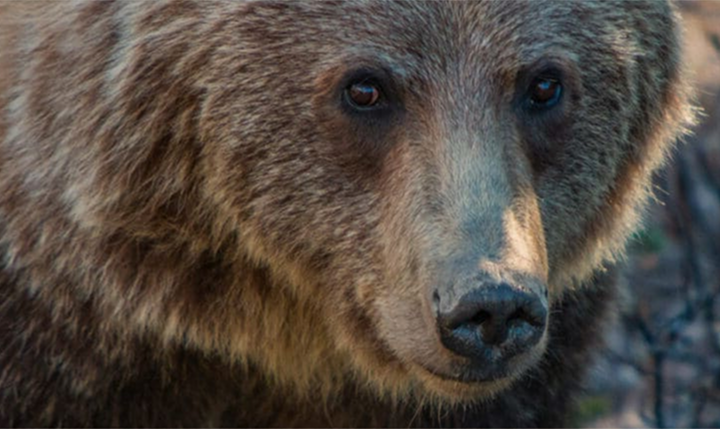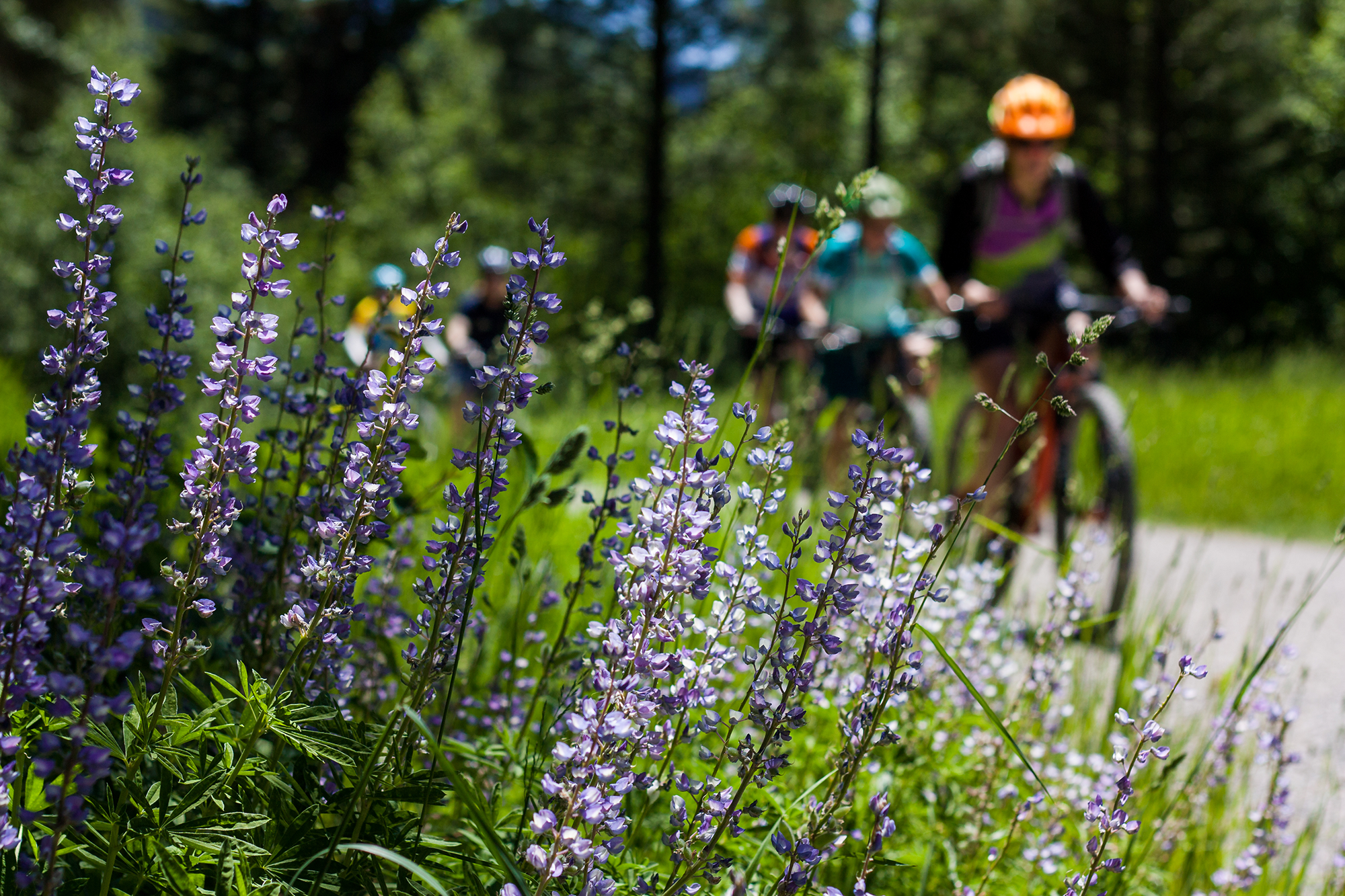And supporting the Indigenous Guardians of the future
In the heart of the Klinse-za (Twin Sisters) mountains, located in the northern foothills of the Rocky Mountains of northeast British Columbia, an extraordinary story is unfolding — one where mountain caribou are making a comeback, and young people are reconnecting to their ancestral roots.
With help from people like you, Y2Y has proudly supported various Indigenous Guardian programs within Treaty 8 territory, including the Saulteau First Nations Land Guardians and the Caribou Guardians programs.
The Caribou Guardians program, led by the West Moberly First Nations and Saulteau First Nations is a key part of the ongoing work to save the Klinse-za caribou herd — and it’s helping nurture the next generation of environmental leaders.
Indigenous Guardians can include Elders, youth, and other community members with specific training who work to better understand and care for the land.
By facilitating time on the land, Guardian programs can support Indigenous youth to engage in culture, language, and biodiversity.
Local students, teens, and young adults play a central role in the Caribou Guardian program. Each year, students, Caribou Guardians and other community members gather over 25,000 pounds of lichen from the boreal forests, to feed the female caribou and their calves in protected maternal pens.
Imagine what it must be like for a young student to tromp through the wilderness in search of a special species of lichen to feed a rare caribou, an animal that was once so plentiful they fed the entire community.

Teenage members of the two First Nations are also stepping up at the Twin Sisters Native Plant Nursery, where they gather and grow native seeds and plants to restore damaged caribou habitat. The youth learn about the gathering traditions and spiritual uses of these plants.
As they collect lichen and tend to native plants, young people are reminded of the sacred relationship between these animals and the land. And they’re experiencing what it’s like to be an essential member of an ambitious solution!
“We are all working hard to recover these caribou. Each year, community members pick bags and bags of lichen to feed the mother caribou in the pen while other members live up at the top of the mountain with the animals. One day, we hope to return the herds to a sustainable size,” said Carmen Richter, a member of Saulteau First Nations, when speaking about her master’s research at the University of British Columbia – Okanagan on creating a plan for lichen collection. Carmen is a Saulteau First Nations Land Guardian program advisor, and a biologist working on habitat restoration in the region.
They’re clearly on the right path. The Klinse-za caribou herd has grown from just 38 in 2013 to nearly 200 today, thanks in part to these young Guardians.
The recently expanded Klinse-za/Twin Sisters Park now protects nearly 500,000 acres (203,000 hectares) of critical habitat. It will offer a safe haven for caribou as they recover, and a living classroom for youth to continue reconnecting with their culture and community.
This caribou recovery program is a model for Indigenous-led conservation efforts worldwide. By supporting Y2Y, you can help the Guardians of tomorrow save caribou and reconnect to their land and culture.
Yellowstone to Yukon Conservation Initiative Foundation (Y2Y) acknowledges the support of the Gencon Foundation, Liz Claiborne & Art Ortenberg Foundation, Mitsubishi Corporation Foundation for the Americas, Real Estate Foundation of British Columbia and the Sitka Foundation.




